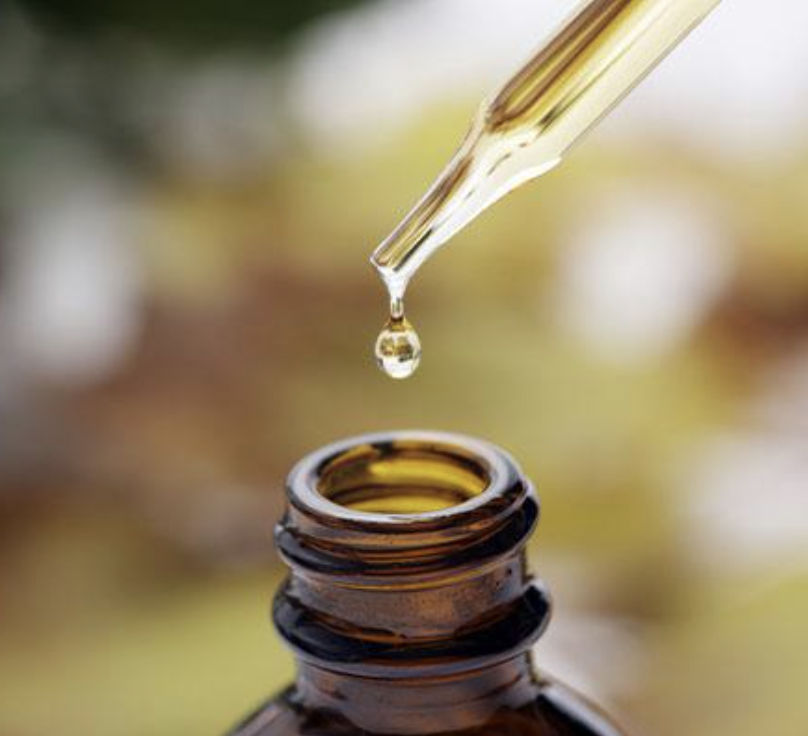1. NEVER APPLY TO SKIN UNDILUTED
Essential oils are only dissolvable in alcohol or oil – so dropping them straight into the bath water is not recommended, always blend into an oil first. If using on the skin mix them with a carrier oil or cream such as Sweet Almond or Shea Butter. The exception is when using an air diffuser or steamer where you should follow the manufacturer’s instructions.
2. SHOW CAUTION AROUND OTHERS
Take extra care using/diffusing essential around pregnant women, children and the elderly. If you want to do this, check with a qualified aromatherapist and use half the amount you would use for yourself. Likewise, take the same care if you want to diffuse essential oils in a public place such as a workshop or yoga session.
3. BE AWARE OF DRUG INTERACTIONS
Some essential oils do not interact well with medications such as Warfarin or homeopathy, so always check with a practitioner for personal concerns.
4. CONSIDER YOUR PETS
Keep a door or window open if you are using around animals so they can get out of the room if it’s too much for them. Cats in particular may have some trouble processing essential oils so please do take care.
5. CAUTION CITRUS AND SUNLIGHT
When applying most citrus oils to the skin avoid going out in the sun for 24 hours as many are “phototoxic” and can cause a rash, sunburn, sensitivity and increase the risk of damage from UV rays.
6. NEVER INGEST
Don’t ingest the oils. The oils are not soluble in water and could burn the digestive tract.
7. STORE WELL
Keep your oils in the dark glass in which they get sold. Ensure the lid is always on completely. Store away from light and heat. Keep away from children.
I have kept my citrus oils in the fridge on those rare occasions when we have been lucky enough to enjoy a very hot summer. They didn’t need to be kept that cold but temperatures inside were exceeding 30 degrees which would have made the oils very unstable.
8. BE SAVVY WITH MARKETING
Don’t be fooled by marketing hyperbole. There are no “therapeutic grade” essential oils that make them purer than others, there is no “gold standard” set governed anywhere in the world. It would be good if there were! But essential oils are like wine – different with every crop, so whilst we have certain technology such as gas chromatography (GC) to define the specific components of oils which helps with standardisation, there is no set standard to adhere to so don’t pay over the odds. Professional aromatherapists will always buy from a source that provides their GC analysis so they know precisely what is in the oil.

